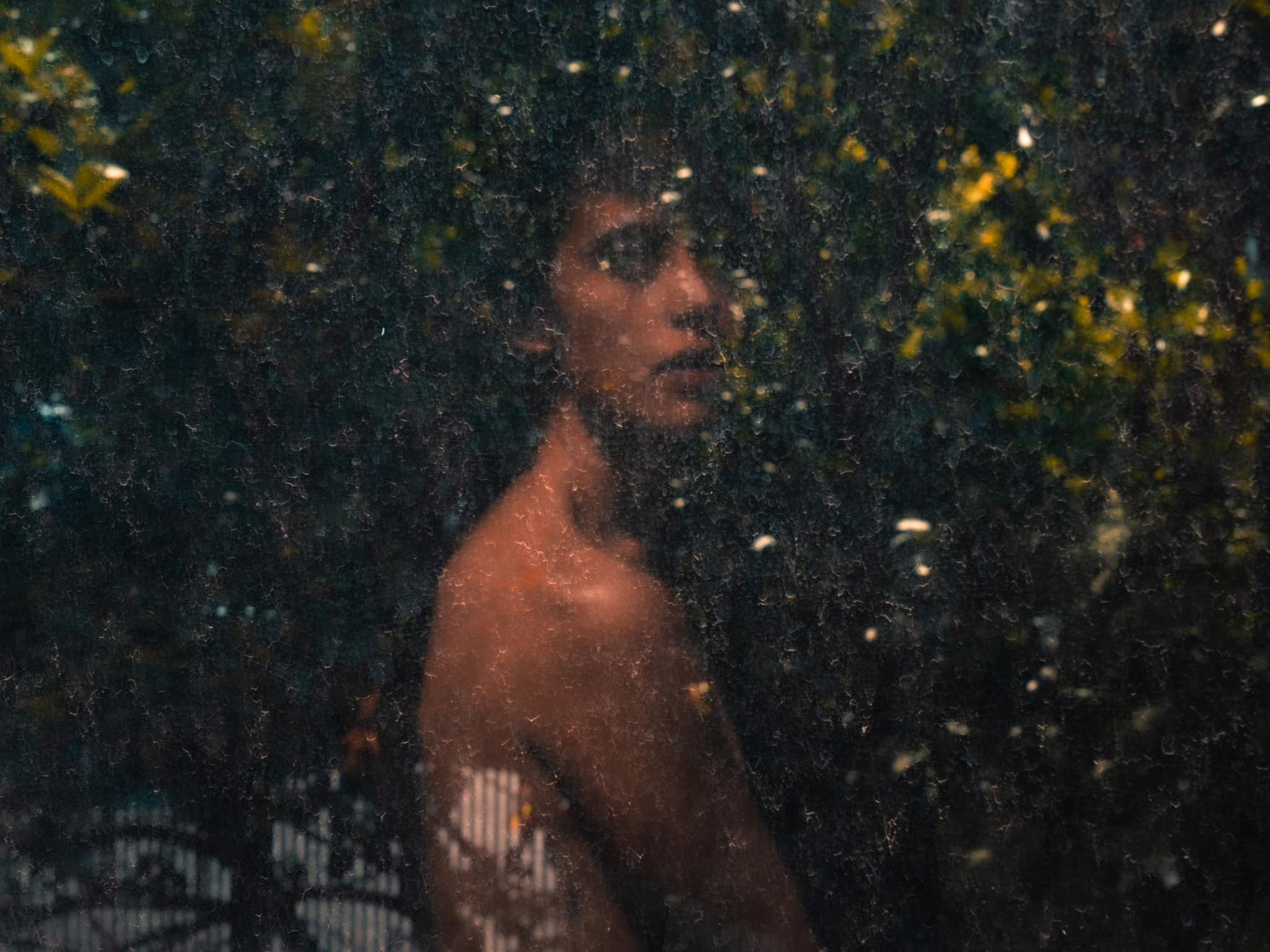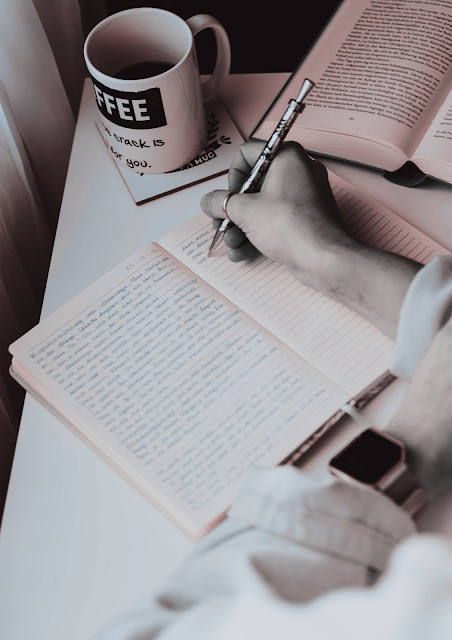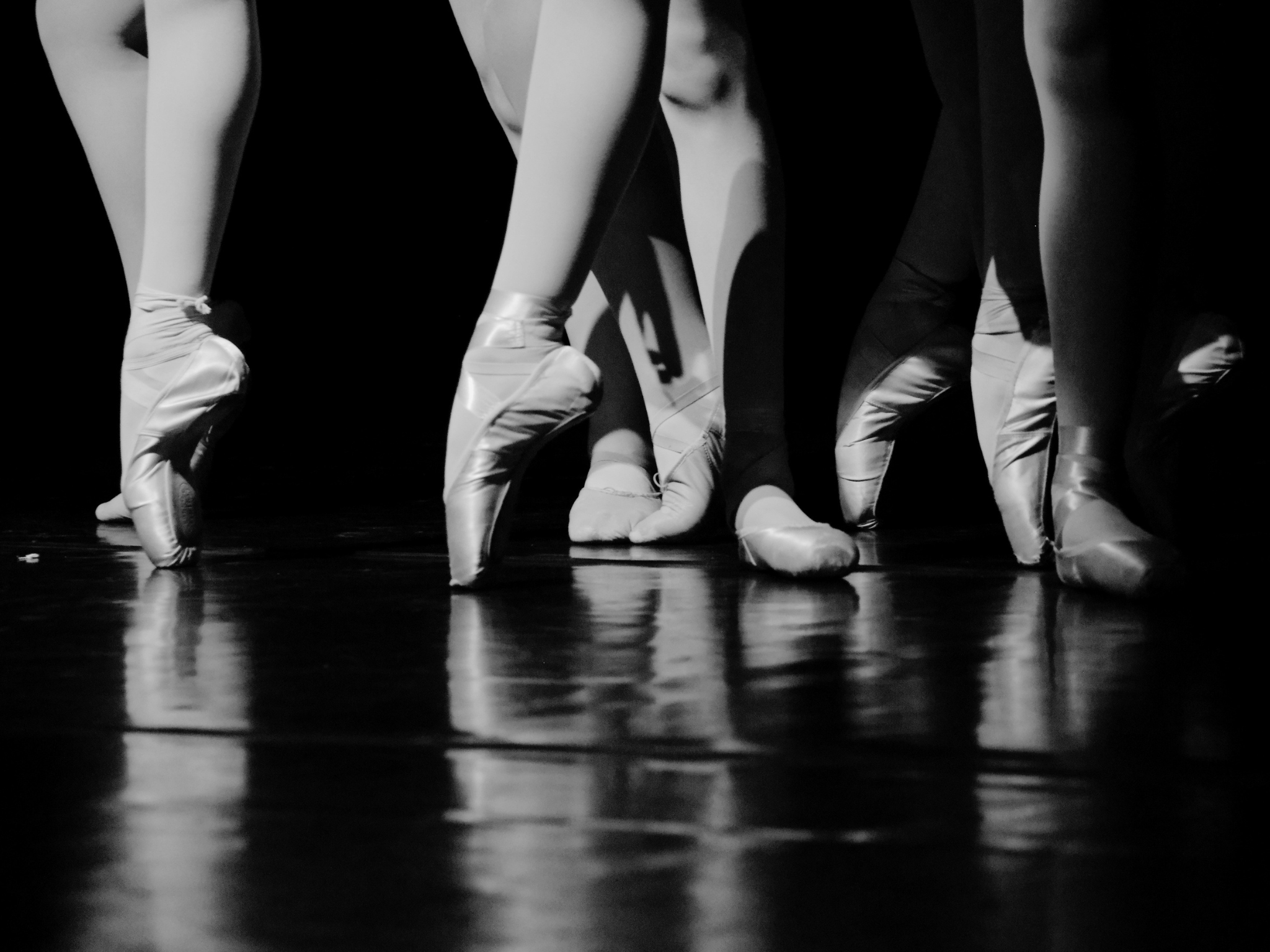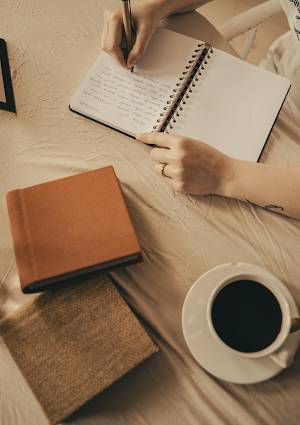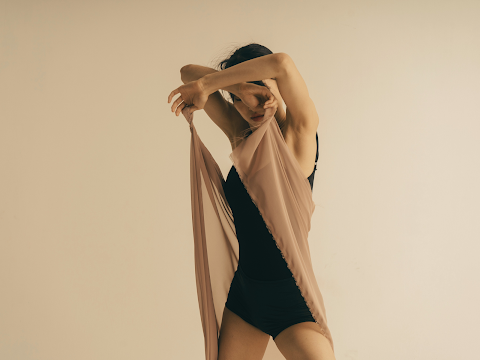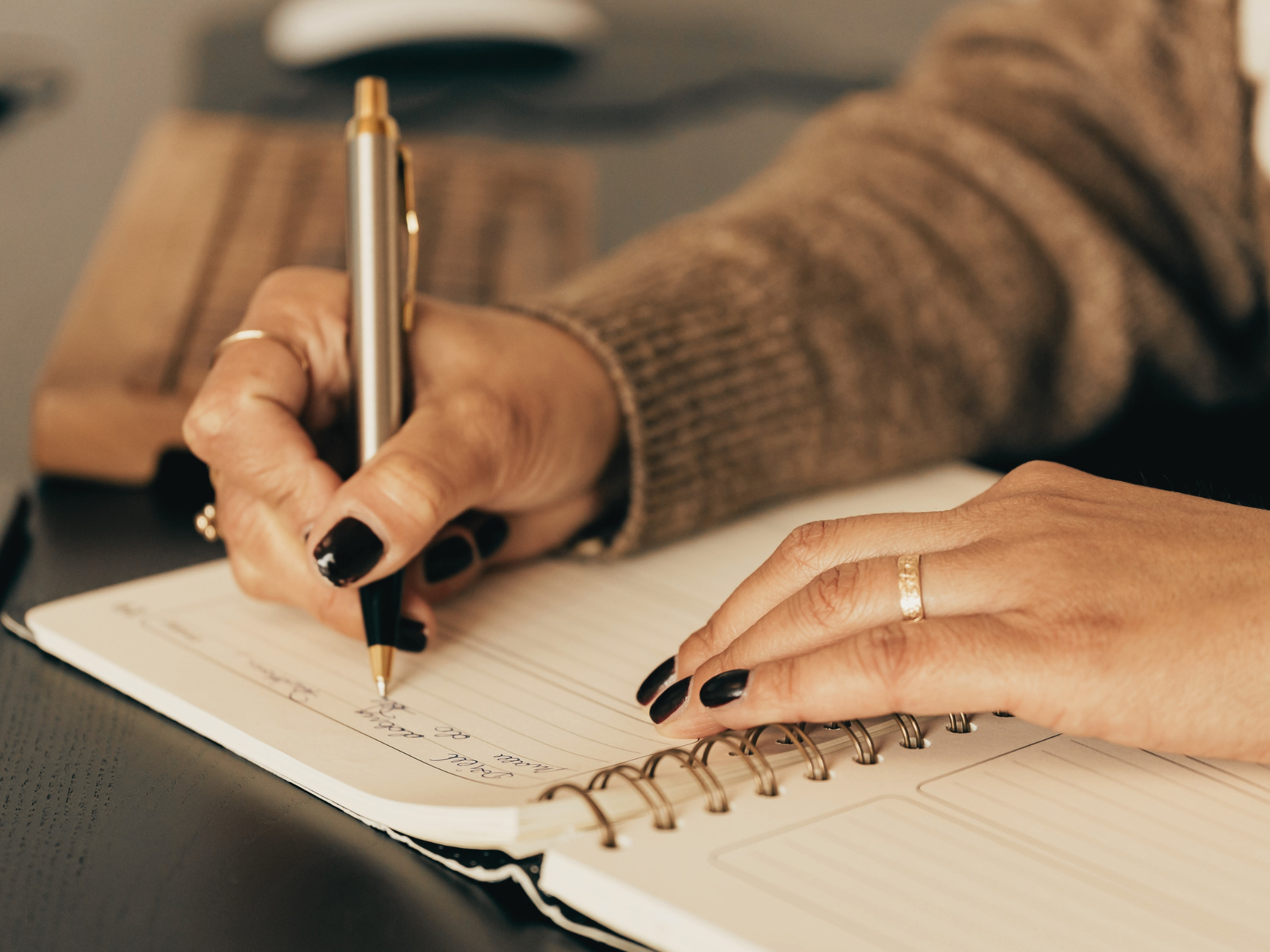Artefact Brainstorming 2
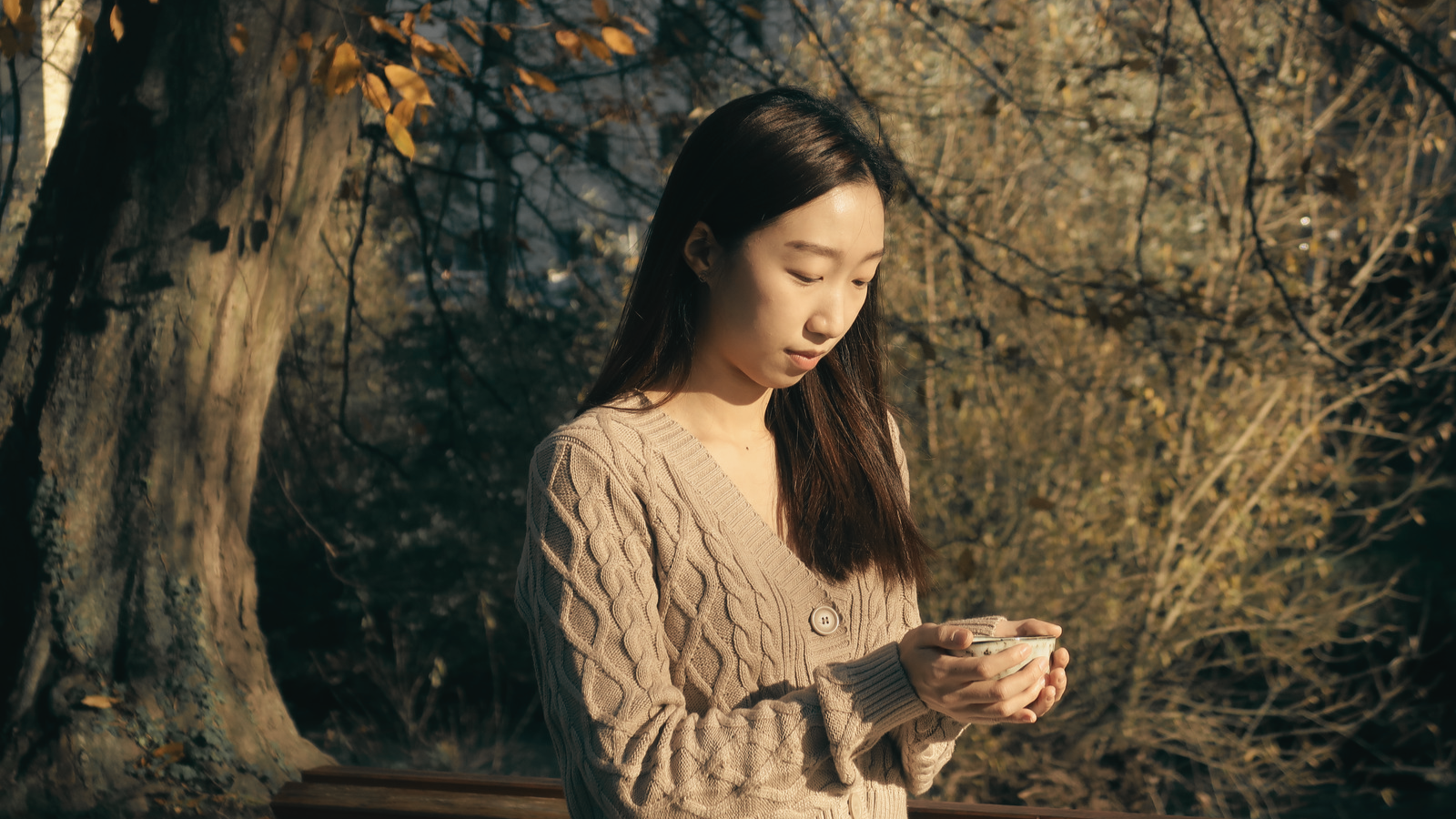
Eunbin Kim in Kintsugi by Eleonora Pennacchini KINTSUGI What is our worth? Who defines it? Our sense of self? Falling I am whole Broken Healing Kintsugi is a Japanese pottery art that puts together broken pieces with gold... More precious Enriched Lived Valuable Even more so than it ever was before... My scars...a part of me My injuries... Part of my body's history. Embodiment Humans & Artists Breakable Frail Yet strong. Embrace me Take your time Trust time Allow the breeze to caress your skin Goosebumps... A sign of response & reaction The body is alive It's healing Give it time! We are worth giving ourselves time. The leaves are blowing Like the seasons everything in life is cyclical I am painting my memories on my body Each fracture line liquid fire... Burning The body manifests itself A cry for attention A caring touch Transformations, imperfections, passing time... These do not define my worth. I dip a paintbrush in a bowl of god... And trace with pride the lines
